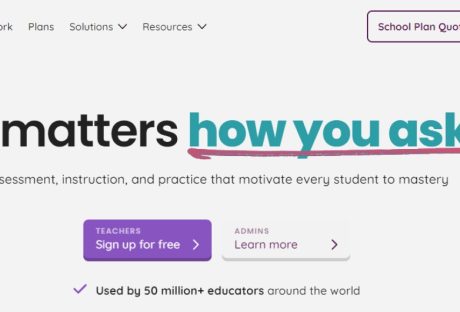Online pharmacists are becoming so popular that the regulations have recently changed to better benefit the patient. These platforms now perform efficient questionnaires designed to eliminate any inappropriate or avoidable medications for the customer, but there are so many other benefits, too!
Why Are People Turning To Online Pharmacists?
Discretion And Confidence To Order
One of the biggest factors that motivate consumers to use online pharmacists is because they offer a discreet, anonymous service. This is more appealing to those who may be embarrassed by the medication they require. For example, a lot of people choose to buy sildenafil online to help with sexual performance, or even medications that prevent or increase hair growth, are commonly bought online today. Most pharmacists promise a discreet packaging service, too.
Online pharmacists are having a positive impact on conditions that people may find embarrassing, such as STIs. This is because consumers have subtle, speedy access to the medication they need to prevent the spread of ‘embarrassing’ but also very common conditions.
Consumable Information
Low-risk conditions or reoccurring symptoms that have been diagnosed as not a concern by a medical professional, such as hay fever, or one-off medicines such as the morning after pill, still require a lot of information. Consumers feel more comfortable being able to research and digest the information about individual medications before they commit to a purchase.
Online pharmacies satisfy this need for consumers. They provide expert advice and authoritative information about healthcare. They often also provide helplines in which people can discreetly discuss conditions and make informed decisions about medications. Online information means that, unlike in brick and mortar pharmacists, consumers do not feel the pressure to make an immediate or rush decision. They can weigh up their options and pick what they believe to be the best option for them.
Convenience & Rush Orders
As with all online retailers and eCommerce brands, online pharmacies give consumers purchasing power. They can choose the product they prefer, with so many options and platforms available to fulfill their needs. Receiving medication through the post is also much more convenient for those living in remote places or with conditions that limit mobility.
In turn, consumers can choose postage options based on urgency as well as budget. Medications that are required for a time-sensitive concern, such as the morning-after pill, can be accessed quickly, discreetly and conveniently.
Simple Ordering Process
Accessing some medications requires a GP, nurses or private pharmacists appointment. Ordering online and using a digital pharmacy can speed up the process and help consumers avoid a long waiting period. Typically, pharmacists offer next day delivery. In some major cities with couriers, same-day delivery is sometimes available. This efficiency is endlessly convenient and helpful when it comes to your health.
Automatic Refills
Some online platforms make repeat purchases easier than ever before. Not only do patients reclaim the time that was spent going to their pharmacy to pick up prescriptions, but they also reduce the risk of going without critical medications, including contraceptives and prescribed vitamin supplements.
At the point of sale, consumers are able to enter how often they take the medication and online tools calculate when a repeat purchase is required. They can then set up direct debits and reduce the worry of going without ever again.
Read Also:






















